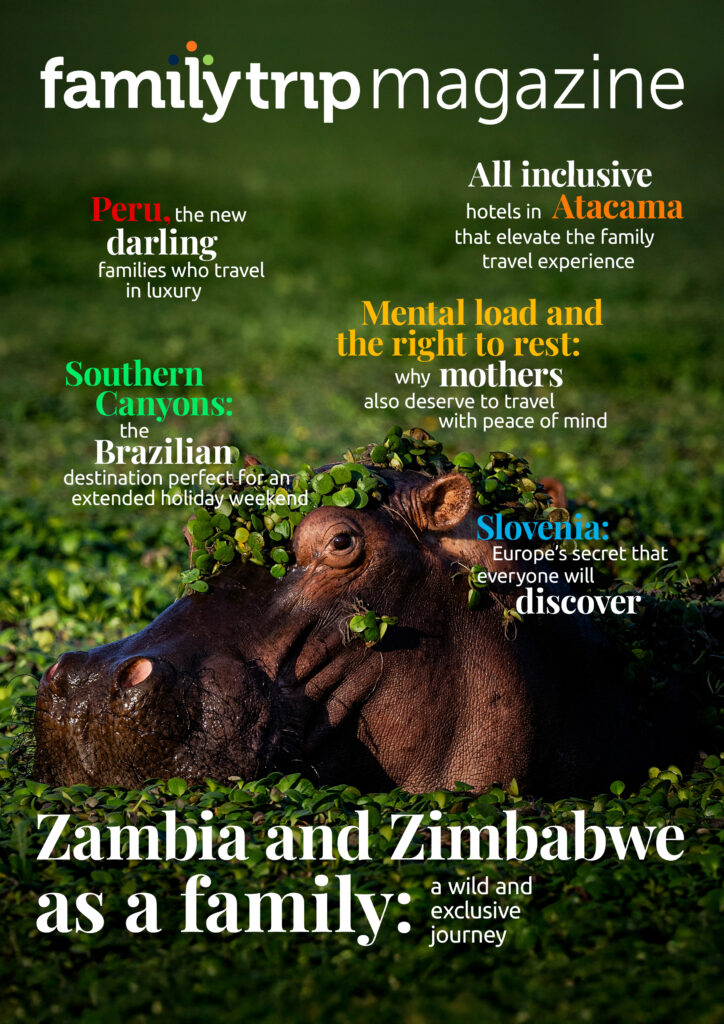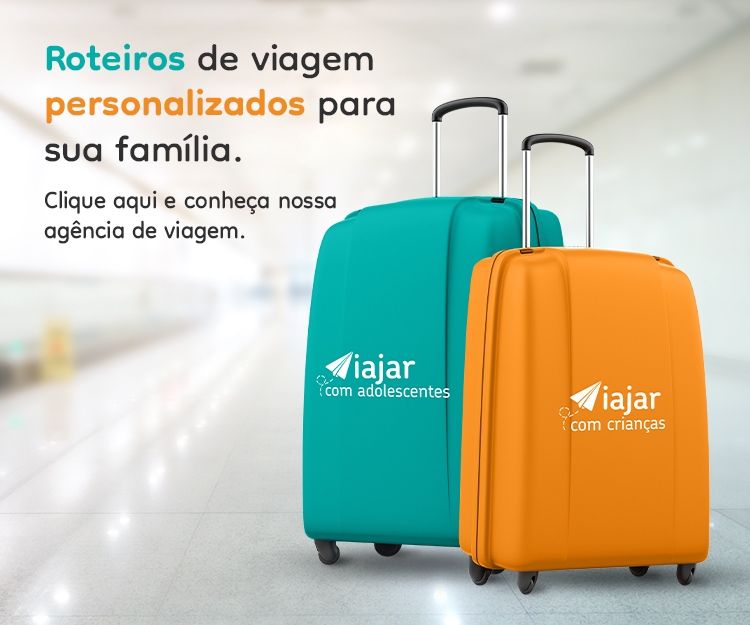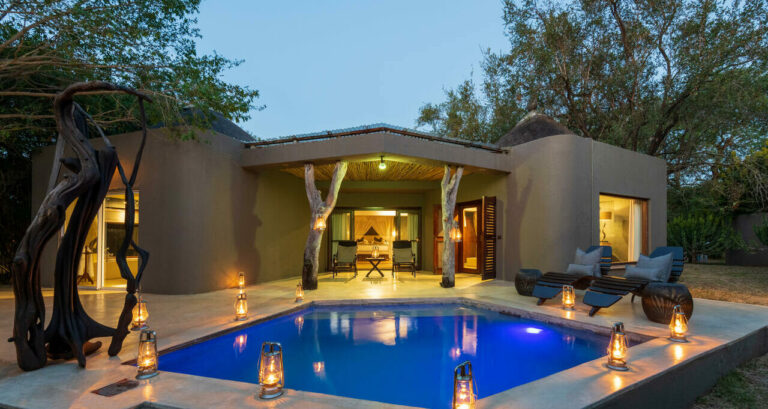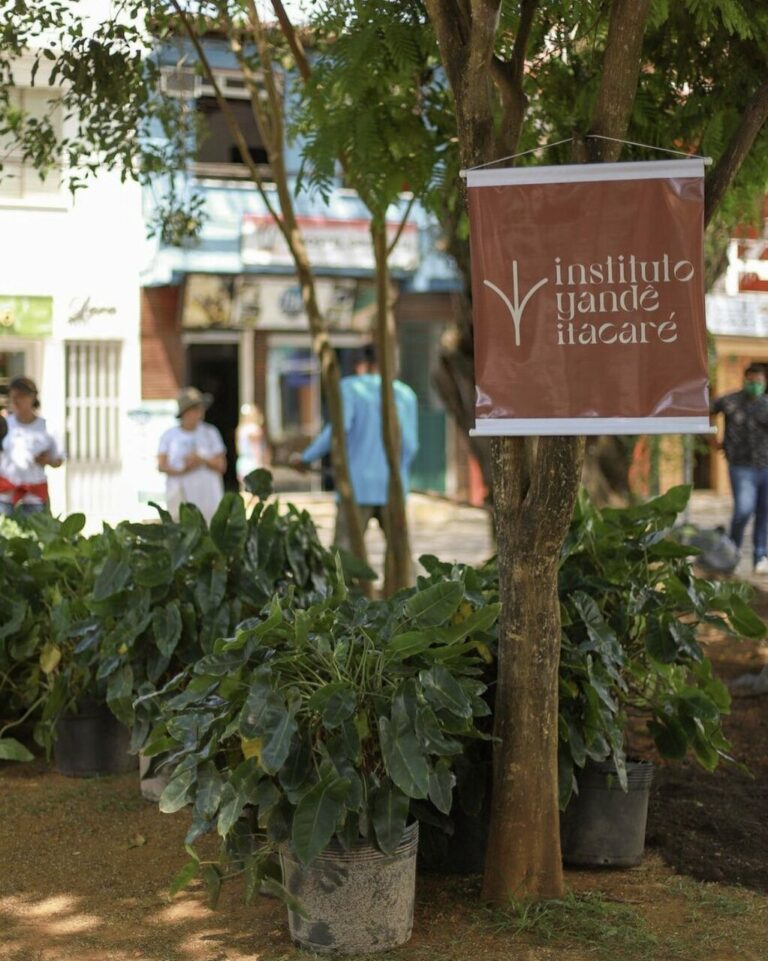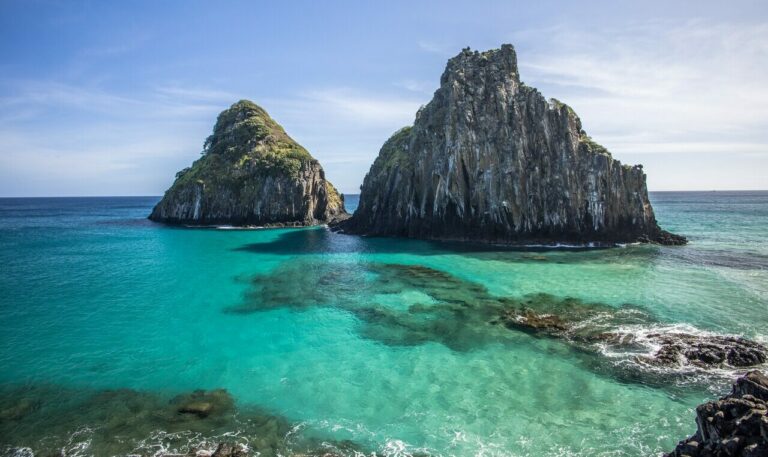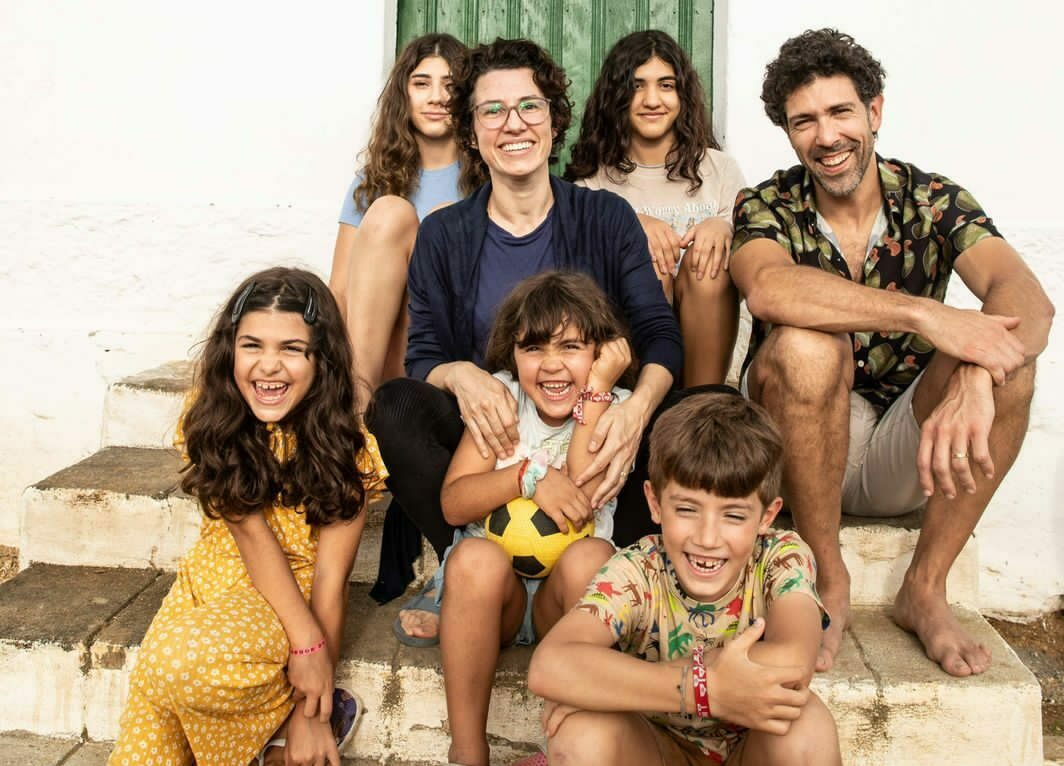
Chef Rodrigo Oliveira: the Sertão from father to son
Everything seemed unlikely, and yet, it turned out very successful! Get to know the family history of the Northeastern restaurant Mocotó
- By Sut-Mie Guibert
There’s no way to introduce Chef Rodrigo Oliveira without first telling the story of the Mocotó restaurant. They are inseparable; one grew alongside the other. Mocotó, located in the northern zone of São Paulo, is celebrating its 50th anniversary this year, a milestone that doesn’t go unnoticed. According to Rodrigo, “Mocotó is an unlikely restaurant: a Northern-style house with rustic cuisine, almost at the outskirts of São Paulo… it’s not your typical gourmet restaurant.” Seu Zé, Rodrigo’s father, started it in 1973 when he arrived in São Paulo with his two brothers, all of them migrants from the drought-stricken Northeast, lacking formal education. They arrived with nothing but determination and courage and together, they established the first “Casa do Norte.” In three years, they set up three simple and modest structures in different parts of the city, offering the large Northeastern community a comforting cuisine that reminded them of home and their homeland.
Things went well, to the point that each brother ended up with their own establishment. It was there that Rodrigo began at the age of 13, helping his father after school, serving hundreds of “mocotó” broths. The name naturally emerged from this experience. From a simple counter, the restaurant expanded across the street and added a few tables. Seu Zé continued to work hard, a determined Northeasterner.
Later on, Rodrigo pursued studies in environmental engineering, but it was after a friend’s advice that he took up a culinary course – something he describes as transformative. It was there that he found himself and understood how to implement the improvements he had envisioned for Mocotó. According to Rodrigo, “Mocotó has an unlikely story; everything happened much more organically than it was planned.”
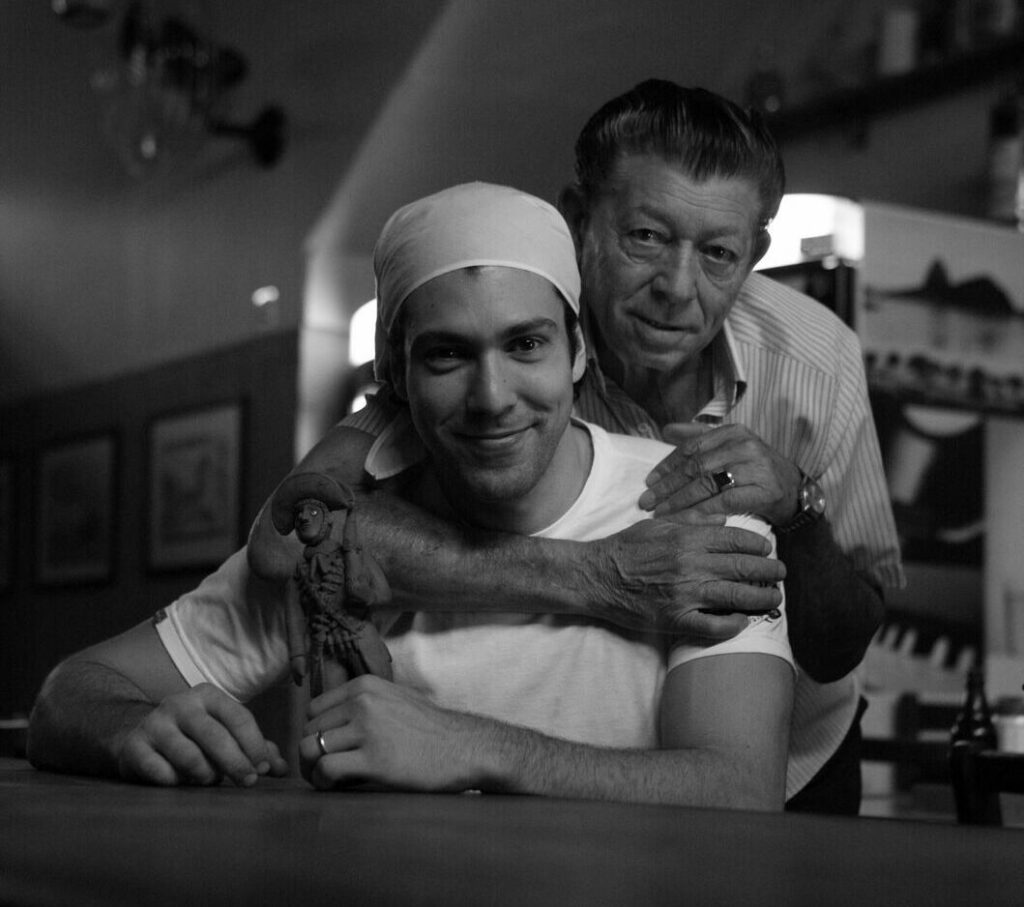
“My father didn’t want me around; he thought it was a very tough, hopeless life. But I would come every day, wash the dishes, and I discovered, looking back, that what I wanted was to be with my father. His life was all about work; we had very few moments at home. So I found a way to be with him.”
From the Sertão to the World
Today, Rodrigo’s recipe is replicated all around the planet: he is the creator of the famous “dadinho de tapioca,” (Tapioca Dice) which has now become a snack in many Brazilian pubs, but can also be found in delis all over the world, like in Paris, Singapore, or Australia, and in new creations like the one made by the renowned Spanish chef Ferran Adriá. It’s a source of pride and a tremendous tribute.
Currently, Rodrigo is also a judge on the Masterchef TV show on Bandeirantes channel, which has brought him into people’s homes, making them feel closer to him on the streets. You might even find him on a KLM flight to Amsterdam! He was the one who designed the executive menu for the airline.
His restaurants (yes, he now has five in São Paulo: in Vila Medeiros, North Zone, Vila Leopoldina, Shopping D, the Balaio IMS, and Mocotó Café in Mercado de Pinheiros) follow the philosophy of being informal and welcoming, as if Rodrigo (and Seu Zé) were welcoming us into their home. The “Welcoming all without looking at who” at the entrance takes us to a colorful, musical environment, filled with woodcut prints by artists and their own branded products (tapioca makers, peppers, flours, cachaças…). Having lunch there is like being transported to the Sertão (Brazilian hinterlands).
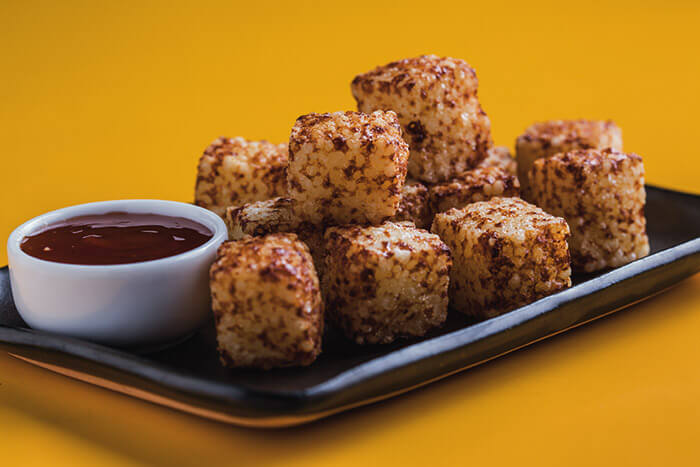
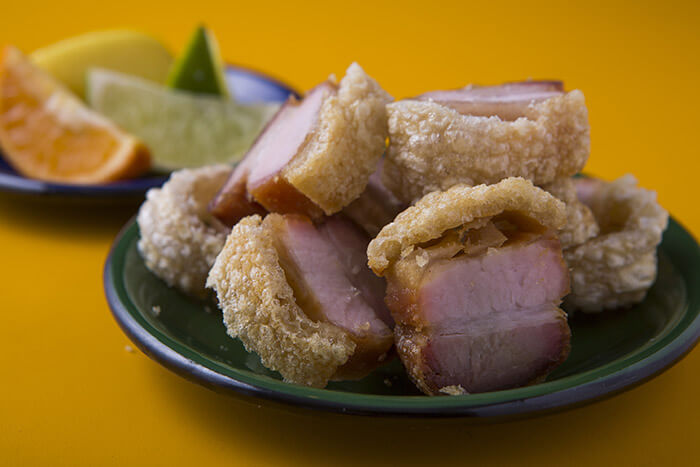
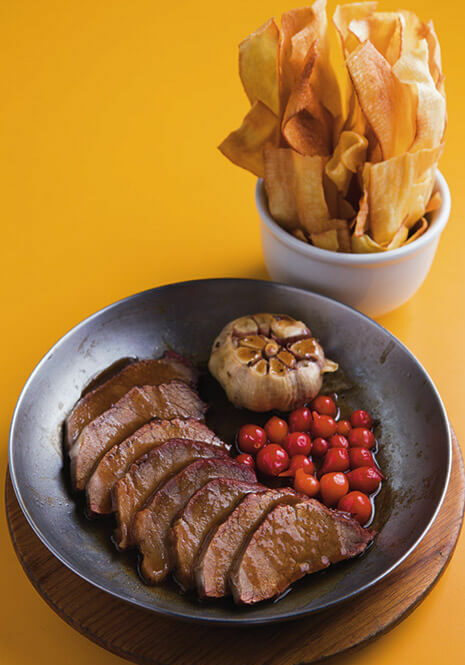
A Large Conscious Family
Today, Rodrigo is also a father and, along with his partner Adriana Salay, they form a family with 5 children, ranging from 6 to 14 years old – quite a large group!
How do they maintain their sertanejo roots within the family?
They have a connection with Mocotó, which is nothing more than a great homage to the Sertão, our roots. A very powerful expression of culture is through food, and their interaction with it is a daily occurrence: they eat cassava, jerked beef, they visit Mocotó, they listen to the music, become familiar with the expressions, and every now and then, they exclaim “oxente“… they are close to this universe. Mocotó is much larger than just our family; there are many families here, many of them from the Northeast, from Ceará, Rio Grande do Norte, Piauí, Bahia…
Your children have a lot of contact with the land, with organic food, with plants that end up in the restaurants…
We have owned a farm in the Sertão for 30 years, which has been cared for all its life by Seu Zé. As he got older, I took over the management of the farm. I stepped in with Uncle Lula, an incredible person. We started an agroforestry project, taking care of water, digging dams, creating wells, cisterns. After a year, we worked on the farm’s infrastructure, its equipment. And this past year has been dedicated to the main house, turning it into a welcoming place and introducing the Sertão to more people.
Before the pandemic, we began looking for a property in São Paulo that could be close to the restaurant. We found a beautiful estate in the Mantiqueira Mountains, recently purchased in 2021. We revitalized the house’s structure, built greenhouses, seedling nurseries, orchards; we have a section for cassava, corn, coffee, a chicken coop…
“I believe that few of our actions have as much impact on the world as eating.
When we choose what to eat, we are casting a vote for a system, for a model of society, that can be fair or unfair, sustainable or not, well… if we aren’t aware of the origin of what we’re consuming, it’s very difficult to make good choices. And invariably, what’s good for you, for your body, is also good for the planet and beneficial for society.”
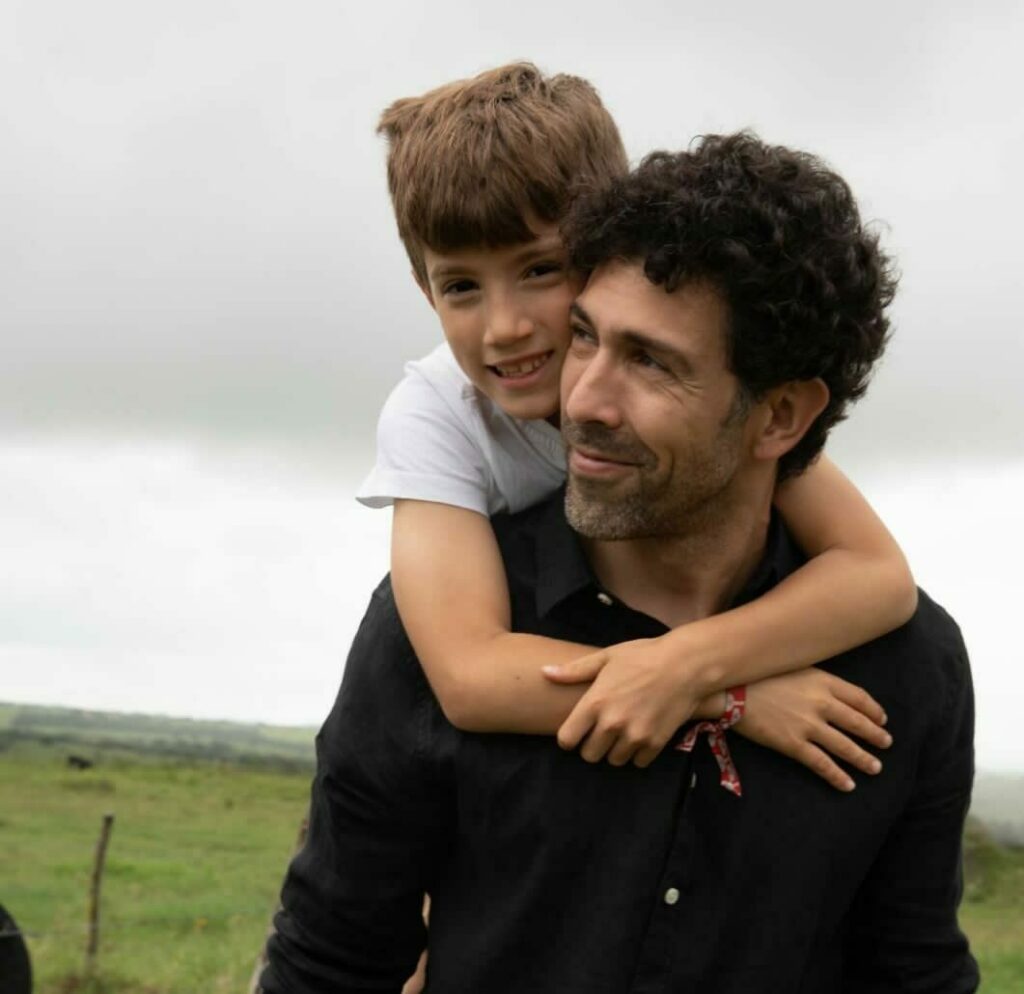
Are you already noticing any culinary aptitude in them?
Flor has a huge passion for cooking. I’m glad she likes it because it empowers children to have the resources to take care of their nutrition, make good choices. She spends the day watching cooking shows, knows all the chefs. Nina is great with people, very communicative; Pedro loves the kitchen, he’s really passionate about the earth. The others love to eat. We have to teach our children how to read, write, and eat well. That’s something we can’t neglect.
This notion of empowerment that cooking provides is interesting. What does it mean to know how to eat?
Being conscious of your choices. If you’re going to eat a pack of filled snacks or chips, knowing what’s behind that. When you make these choices, you’re supporting a model of industry, a model of agriculture. Whereas when you choose to eat an apple or seasonal fruit, that supports a different kind of industry, it has a different impact. If you’re aware of this, it’s very likely you won’t choose something that’s bad for you, bad for the land, for the soil, for the planet, that increases inequality among families and people. It’s important to know and make conscious choices.
The fundamental pillar of Slow Food, a movement founded by Carlos Petrini, says that what we need is good, clean, and fair food for all. A simple sentence. It seems like a simple project, but behind it, there’s immense complexity, endless challenges. But this is a fight worth fighting. If we don’t fight for this, what are we going to fight for? It’s part of the education we want to provide for our children.
The “Quebrada Alimentada” project by Mocotó follows this philosophy, right? And you also involve the children in everything…
Yes, a project that was born during the pandemic in response to the need not to let people in the neighborhood and community die of hunger. The children are also involved: they deliver food baskets.
They participate in everything, they’re part of our chaotic life, full of projects, but it works. Just like I wanted to be with my father during his work, the team is very present with me in everything I do.
What does Seu Zé, your father, think about all of this now?
If he were to talk to you, he might even say he liked it, proudly show you the structure, the people. But if he talks to me, there’s always some criticism, a detail, guidance. He’s a typical rural person, tough. But that was essential: this restraint helped us a lot. He was the counterbalance I needed. Just as I was the energy he found when he was already tired.
Services
Learn more in mocoto.com.br
Mocotó Vila Medeiros
Av. Nossa Sra. do Loreto, 1100
Mocotó Vila Leopoldina
Rua Aroaba, 333
Mocotó no D
Shopping D, Av Cruzeiro do Sul, 1100
Mocotó Café
Rua Pedro Cristi, 89 – PInheiros
Balaio IMS (no Instituto Moreira Sales)
Things the Way Family love to pack in their suitcase:
Gate
Eletronics for the travel: smartphone, drone, câmera, charger,…
Destiny
UV clothes, bikinis, caps, diving goggles, snorkel mask and other accessories…

